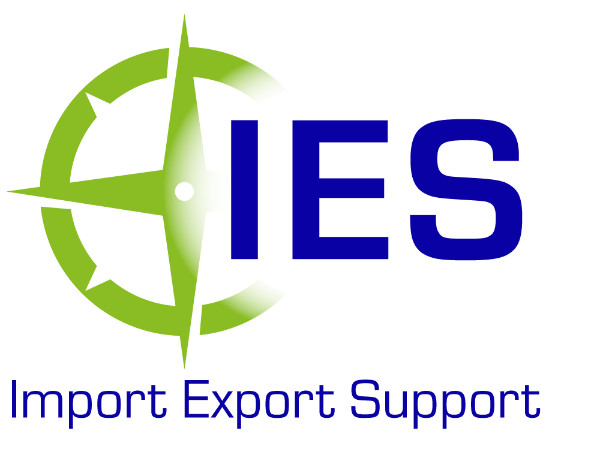Hot off the press: highlights of Boris Johnson’s latest rethink of the NI protocol

With increasing rhetoric and fears of shortages being experienced in Northern Ireland and more concerns being raised by major High Street retailers, the Prime Minister has today acknowledged that the current solution for Northern Ireland is unworkable.
“Unfortunately, one vital area of this partnership is not working well – the arrangements relating to Northern Ireland set out in the Northern Ireland Protocol’ … It is increasingly clear that we cannot solve the problems simply by a rigid and unpurposive application of the Protocol in its current form.”
Boris Johnson
You can read for yourself the changes proposed by clicking here
To help I have picked out a few highlights from the document that was released just a few hours ago.
What are the key Issues
Businesses of all sizes have faced new requirements for customs declarations whether goods are staying in Northern Ireland or not. Those moving agri-food goods have faced additional burdens in securing multiple health certificates for each of the thousands of items making up consignments, even when they are destined for sale on shelves in Northern Ireland.
Supply chains have been disrupted and costs increased, with staff redeployed to deal with new bureaucracy, impacting investment and growth. Consumers have seen real impacts: at least 200 companies in Great Britain have stopped servicing the Northern Ireland market
- plants and trees long-sourced from Great Britain can no longer be stocked in nurseries or garden centres in Northern Ireland;
- supermarkets have reduced their product lines due to the delays and barriers in moving goods; and the costs of deliveries for those who do serve the market have continued to increase.
The effects are felt more broadly too.
- Medicines are at risk of discontinuation because the hurdles to clear to reach the small Northern Ireland market make supply unviable.
- And pet owners, including those reliant on assistance dogs, have faced the prospect of unnecessary vaccinations and treatments, and bureaucratic certification hurdles simply to travel
What can we do about it?
Option 1 – Invoke Article 16, the safeguard mechanism in the agreement. If you remember the EU used Article 16 amid the row over vaccines supplies in January this year, but quickly back tracked.
Article 16 can be invoked
“Where the application of the Protocol has led or would lead to serious societal and economic difficulties liable to persist, or where diversion of trade is borne out in practice or would occur”
Option 2 – Rather than use Article 16, we can try to find a consensual path i.e. negotiate a new deal on this with the EU.
‘”We now need urgent talks that can try to find a new balance for the Protocol: one that fully respects Northern Ireland’s place in the UK market, while maintaining the integrity of the EU’s own market”
What needs to be reviewed?
- Customs – formalities
- Sanitary and phytosanitary (SPS) measures – certification and checks
- VAT and excise – costs
- Enforcement – reciprocal data-sharing arrangements
- Unfettered access – Documentary requirements from NI to UK
- Circulation of goods within Northern Ireland – full dual regulatory regime in Northern Ireland
- Subsidy control – Northern Ireland remains part of the EU’s subsidy control framework in certain areas
- Governance – putting in place new institutional arrangements making the UK and EU into a partnership of equals
- Consultation and legislative processes – EU/UK consent mechanism to be agreed
What next?
Freeze things as they are.
“To provide space for these discussions, the Government believes it is vital to provide certainty and stability for businesses in Northern Ireland in the short term. Accordingly, we believe we and the EU should agree a ‘standstill’ on existing arrangements, including the operation of grace periods in force, and a freeze on existing legal actions and processes, to ensure there is room to negotiate without further cliff edges, and to provide a genuine signal of good intent to find ways forward.”
“We invite the EU to join us in an intensive process that resolves these issues on a durable, sustainable basis, and enables us to look forward to the better future beyond.”


